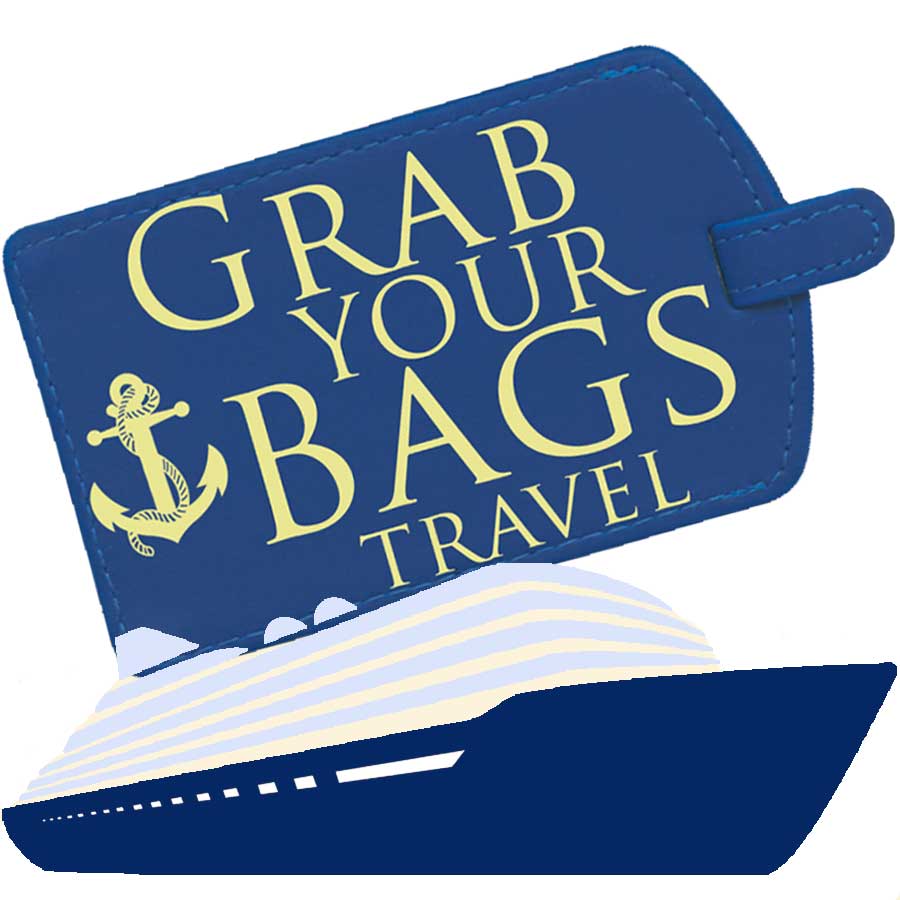TRAVEL TIPS
Money
Generally, prices in the Bahamas are slightly higher than in the United States. Businesses don't care whether you pay in U.S. dollars or Bahamian dollars, since they're the same value, but don't count on them being able to give you U.S. currency change. In the Out Islands you'll notice that meals and simple goods can be expensive; prices are high due to the remoteness of the islands and the costs of importing.
ATMs are widely available, except on the most remote islands, but often the currency dispensed is Bahamian. If you have any left at the end of your stay, you can exchange it at the airport.
Prices here are given for adults. Substantially reduced fees are almost always available for children, students, and senior citizens.
ATMs and Banks
There are ATMs at banks, malls, resorts, and shops throughout the major islands. For excursions to remote locations, bring plenty of cash; there are few or no ATMs on some small cays, and on weekends or holidays, those that exist may run out of cash.
Banks are generally open Monday–Thursday 9 or 9:30 to 3 or 4 and Friday 9 to 5. However, on the Out Islands, banks may keep shorter hours—on the smallest cays, they may be open only a day or two each week.
PINs with more than four digits are not recognized at ATMs in the Bahamas. If yours has five or more, remember to change it before you leave.
Credit Cards
When you book your hotel accommodations, be sure to ask if credit cards are accepted; some smaller hotels in the islands do not take plastic.
It's a good idea to inform your credit-card company before you travel, especially if you don't travel internationally very often. Otherwise, the credit-card company might put a hold on your card owing to unusual activity—not a good thing halfway through your trip.
Although it's usually cheaper (and safer) to use a credit card abroad for large purchases (so you can cancel payments or be reimbursed if there's a problem), note that some credit-card companies and the banks that issue them add substantial percentages to all foreign transactions, whether they're in a foreign currency or not. Check on these fees before leaving home, so there won't be any surprises when you get the bill.
Currency and Exchange
The U.S. dollar is on par with the Bahamian dollar and is accepted all over the Bahamas. Bahamian money runs in bills of $1, $5, $10, $20, $50, and $100. Since U.S. currency is accepted everywhere, there really is no need to change to Bahamian. Also, you won't incur any transaction fees for currency exchange, or worry about getting stuck with unspent Bahamian dollars. Carry small bills when bargaining at straw markets.

